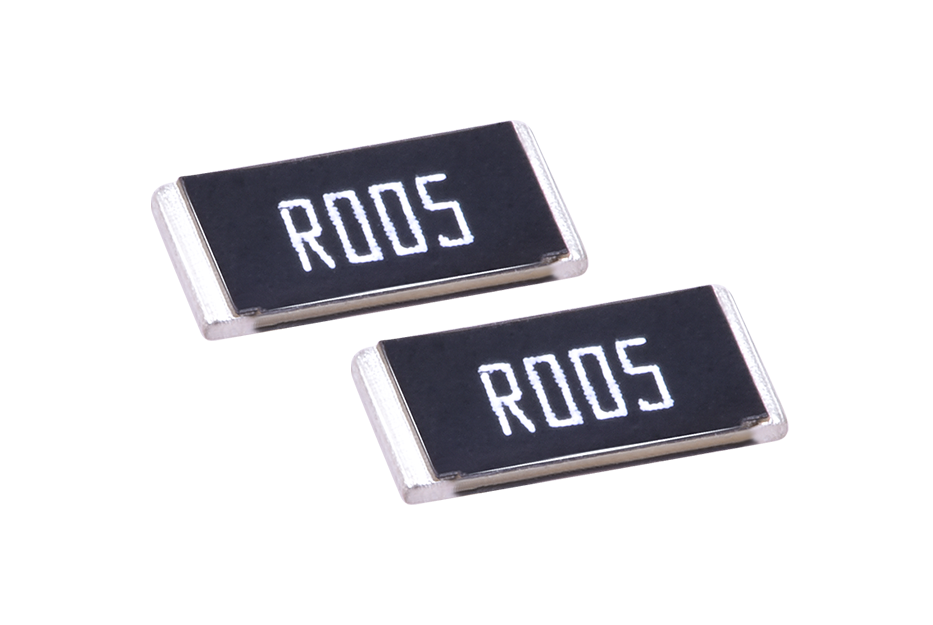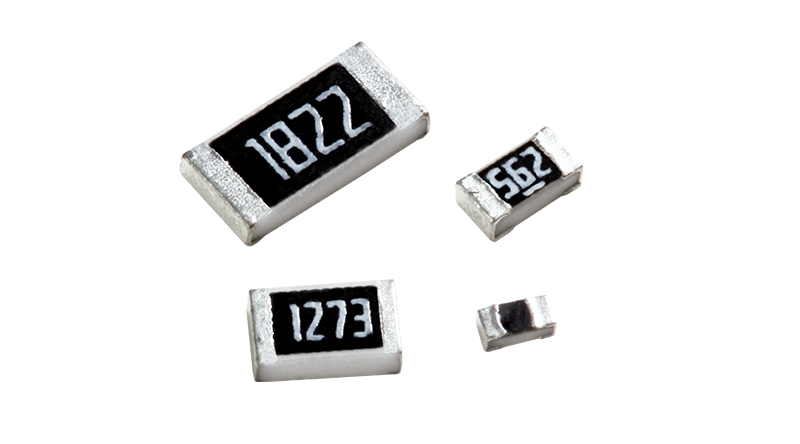Why choose constantan material for hnstshop.com/product-list/R09-p1-l10.html" target="_blank">alloy resistors? What are the benefits of choosing copper alloy?
As a commonly used alloy material, copper alloy is widely used in the electrical field, especially in alloy resistance, which plays an important role. This article will provide a detailed introduction to the characteristics, advantages, and applications of constantan alloy, and explain why constantan material is the preferred choice for alloy resistance.
Kangtong alloy is a copper based alloy composed of elements such as copper (Cu), tin (Sn), and phosphorus (P). It has excellent resistance performance, mainly due to the following characteristics:
Low resistivity: The resistivity of constantan alloy is relatively low, which can effectively resist the resistance when current passes through, thereby reducing energy loss. This is crucial for the efficient operation of electronic devices.
Good conductivity: Copper alloy has good conductivity, which can quickly conduct current and avoid voltage loss and heat accumulation caused by current accumulation. This makes constantan alloy widely used in high-power electronic devices.
Excellent corrosion resistance: Copper alloy has excellent corrosion resistance, which can effectively resist oxidation, corrosion, and the erosion of chemical substances. This allows it to operate stably under harsh environmental conditions, extending the service life of alloy resistors.
Stable temperature coefficient: Copper alloy has a lower temperature coefficient, which means its resistance changes less with temperature changes. This enables constantan alloy to maintain stable resistance values at different temperatures, ensuring the accuracy and reliability of electronic devices.
In addition to the above characteristics, constantan alloy also has good weldability and plasticity, making it easy to process and manufacture. This enables constantan alloy to meet the requirements of alloy resistors of different shapes and sizes, and to adapt to complex circuit board layouts and connections.
Copper alloy is widely used in alloy resistors in electronic devices and circuits, with the following main benefits:
Improving the performance of electronic devices: As a material for alloy resistors, constantan alloy can improve the performance and efficiency of electronic devices. Its low resistivity and good conductivity can reduce energy and voltage losses, making electronic devices more efficient.
Improving the reliability of electronic devices: Constantan alloy has excellent corrosion resistance and stable temperature coefficient, which can work stably under harsh environmental conditions and maintain stable resistance values at different temperatures. This can improve the reliability and stability of electronic devices.
Increase the flexibility of circuit board layout: Constantan alloy has good weldability and plasticity, making it easy to process and manufacture. This enables constantan alloy to meet the requirements of alloy resistors of different shapes and sizes, as well as to adapt to complex circuit board layouts and connections.
In summary, as a material for alloy resistance, constantan alloy has characteristics such as low resistivity, good conductivity, excellent corrosion resistance, and stable temperature coefficient. Choosing constantan alloy as the preferred alloy resistor can improve the performance, reliability, and layout flexibility of electronic devices. Therefore, copper alloy is an ideal material choice and widely used in the electrical field.


